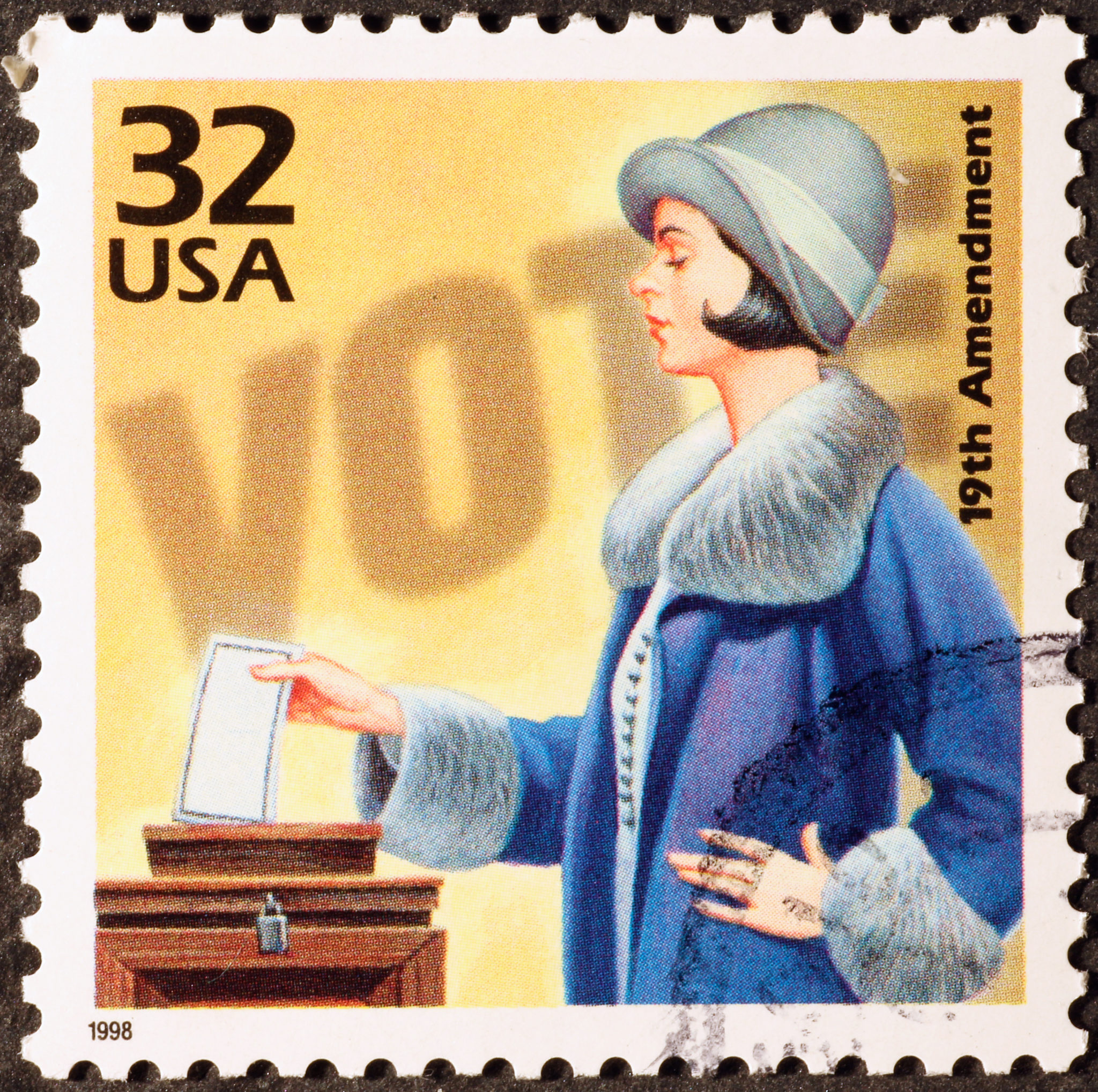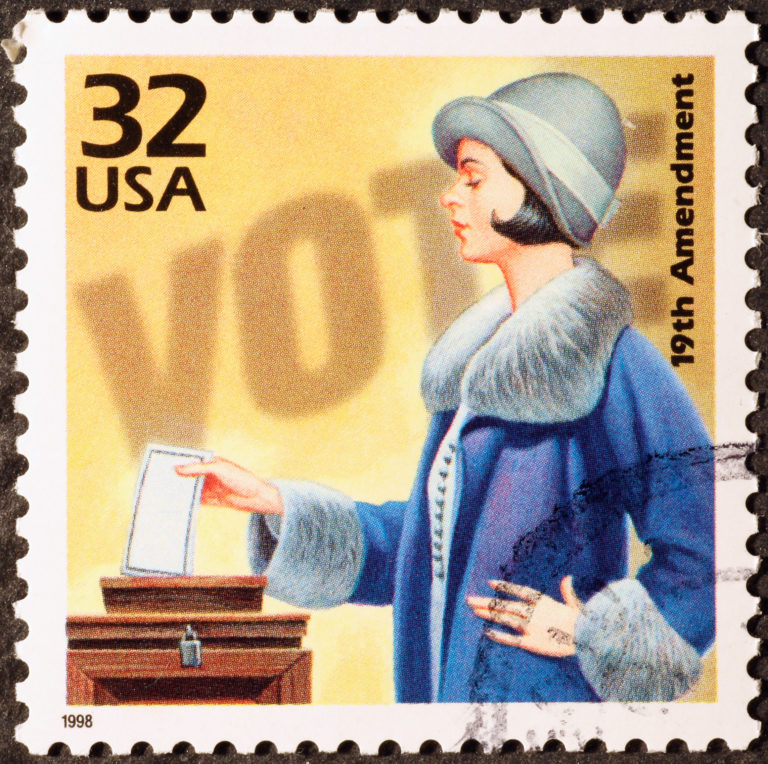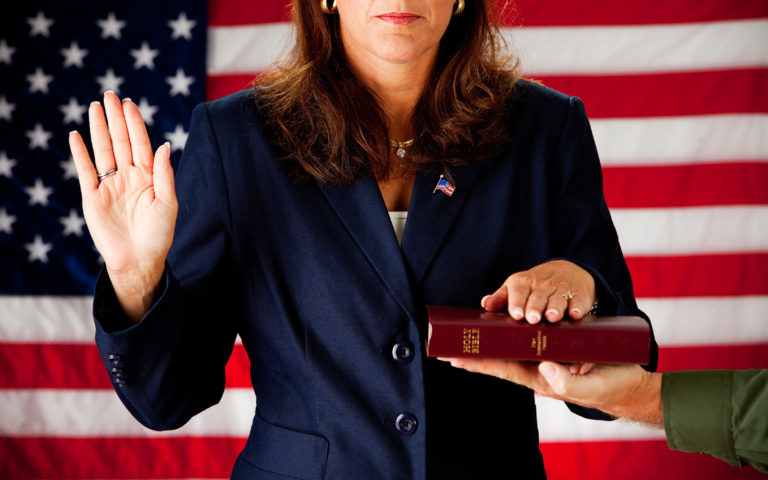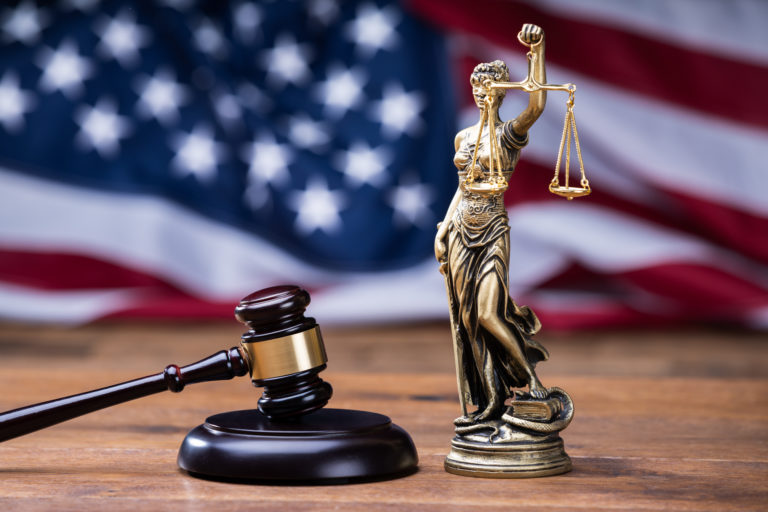This August marks the 100th anniversary of the passage of the 19th Amendment, which gave…
A Coda to the Nineteenth Amendment’s Centennial

The Nineteenth Amendment to the U.S. Constitution provides that “the right of citizens of the United States to vote shall not be denied or abridged by the United States or by any State on account of sex.” In August 2020, the nation marked the amendment’s centennial. Ratification of the Nineteenth represented a milestone in the decades-long struggle for women’s rights. But it also reflected the ugly strains of racism and nativism that ran through white suffrage organizations as they excluded Black suffragists. Yet, Black suffragists persisted and played a previously untold and significant role in its ratification.
During the struggle for ratification, anti-suffragists waged their own fight against a federal women’s suffrage amendment. It appeared they had been defeated when Tennessee became the requisite 36th state to ratify the amendment in August 1920. But anti-suffragists like William Marbury, Jr., a prominent Baltimore lawyer, and Oscar Leser, a politically-active Baltimore judge, found a way to continue their fight.
In October 1920, Baltimore residents Cecelia Street Waters and Mary D. Randolph had the courage to apply to register to vote in the November 1920 election. Waters was white and Randolph was Black. Oscar Leser objected to their registration on the basis that the Nineteenth Amendment had not been legally ratified pursuant to Article V of the U.S. Constitution, and that it was an “unconstitutional constitutional amendment.” (His lawyer, William Marbury, had made a similar argument against the validity of the Fifteenth Amendment, which enfranchised Black men.) Leser argued that, because the Nineteenth Amendment was invalid, it did not alter Maryland’s constitutional voter eligibility provision which “confined the right of suffrage to males.” Leser’s challenges were overruled, and Waters and Randolph were registered to vote.
Leser wasn’t finished, though. Represented by William Marbury, Leser filed a petition in a local court, but that petition was dismissed. He then appealed to highest court in Maryland, but the Court of Appeals affirmed the lower court. Leser then appealed to the United States Supreme Court. The Supreme Court, too, affirmed the validity of the Nineteenth Amendment on February 27, 1922. So the Supreme Court’s decision in Leser v. Garnett was the final legal word on the Nineteenth Amendment’s constitutional validity. Marking its one-hundredth anniversary is a fitting coda to the nation’s commemoration of the Nineteenth’s centennial.
But our work to ensure women’s equal participation in democratic governance isn’t done. As I’ve written previously, gendered voter suppression still exists across the United States. State laws that limit access to early voting or that require voter ID create a heavier burden on women voters, especially women of color. So it’s appropriate, on the centennial of Leser v. Garnett, to recommit ourselves to the broader promise of the Nineteenth Amendment – making women full citizens, with all the attendant rights that come with that status.






